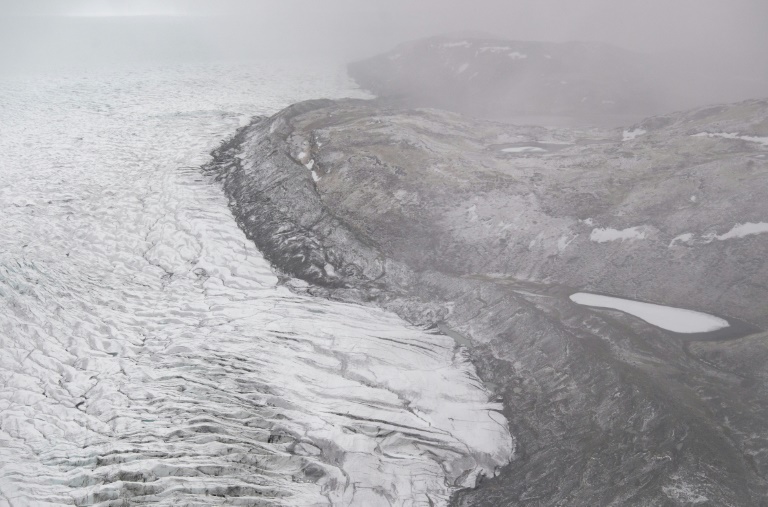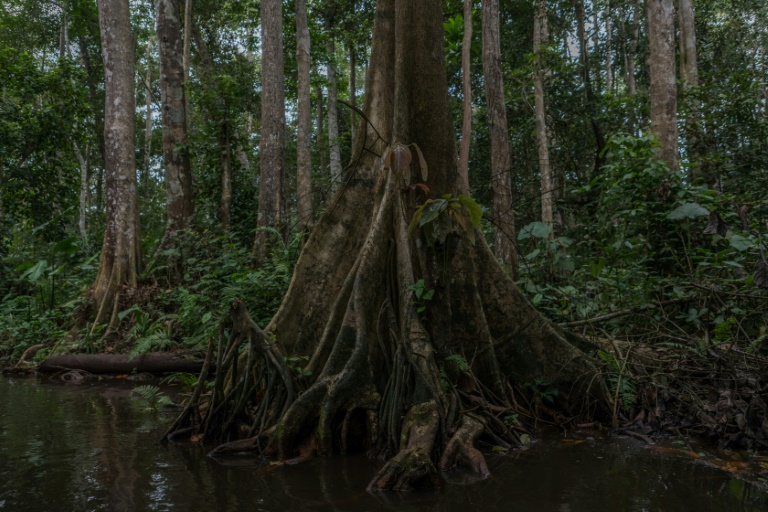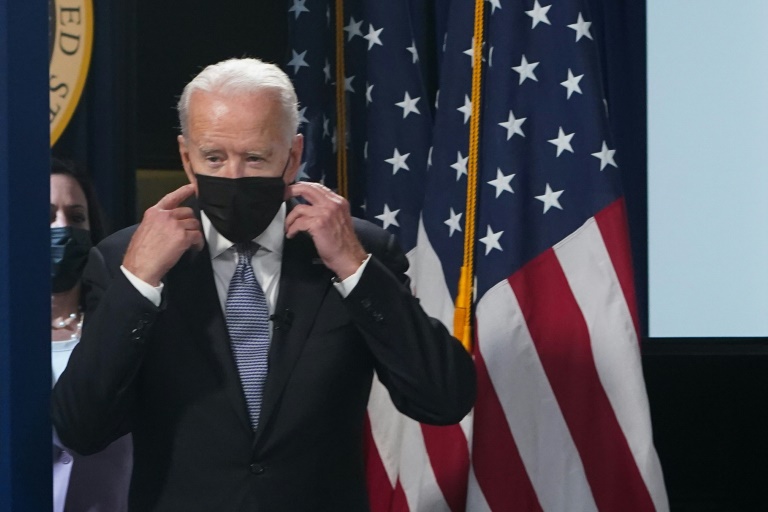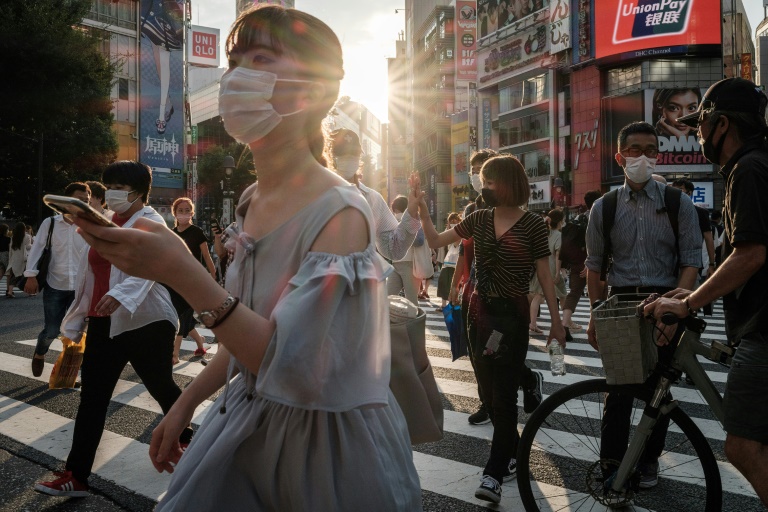Hundreds of thousands of people in China were in lockdown on Friday as the country battled its worst Covid-19 outbreak in months, while Japan — a week into the Olympics — extended its state of emergency due to surging infections.
The average number of new daily cases globally jumped by 10 percent over the last week, according to an AFP tally, largely due to the highly contagious Delta variant, after slowing between late April and mid-June.
While the Asia-Pacific region has been hard-hit — with Vietnam and Japan recording a 61 percent jump in daily cases — Western countries are also facing surges, with the US and Canada seeing 57 percent more infections.
The World Health Organization has warned that the Delta variant, first detected in India, could unleash more Covid-19 outbreaks in a high-risk zone stretching from Morocco to Pakistan where vaccination rates are low
In China, a cluster of infections in Nanjing city linked to airport workers who cleaned a plane from Russia earlier this month had reached Beijing and five provinces by Friday.
Hundreds of thousands of people have been locked down in Jiangsu province, of which Nanjing is the capital, while 41,000 came under stay-at-home orders in Beijing’s Changping district.
– Manila misery –
The Philippines, which has closed its airport to most international travel for months, will send more than 13 million people in the national capital region back into lockdown next week because of a Delta-linked increase, the government said Friday.
And Japan extended a virus state of emergency in Tokyo and expanded the measure to four more regions after new cases topped 10,000 for the first time on Thursday.
Japan’s case figures remain small compared to many places, with 3,300 new infections reported in Tokyo on Friday, but experts say the medical system is already at risk of being overwhelmed with only around a quarter of the population fully vaccinated.
The record cases come as Tokyo hosts the Olympics, where organisers on Friday reported 27 new cases related to the event — the highest daily figure yet.
WHO chief Tedros Adhanom Ghebreyesus said Japan and the International Olympic Committee had done “their best to minimise risk, because nobody should expect zero risk”.
Meanwhile, Australia said on Friday it would not reopen borders and end lockdowns until vaccination rates reach 80 percent.
– Nastier variants –
In Germany, the government tightened restrictions on unvaccinated people entering the country, “regardless of whether they come by plane, car or train”, Health Minister Jens Spahn said Friday.
Governments of other wealthy countries have amplified efforts to get more of their populations to accept jabs.
Bolstering their case, new research shows that relaxing anti-virus measures before an entire population is vaccinated greatly enhances the risk of more resistant variants evolving.
At a time when nearly 60 percent of Europeans have received at least one vaccine dose, the authors said their study showed the need to maintain non-vaccination measures until everyone is fully jabbed.
The report by Austria’s Institute of Science and Technology showed that the highest risk of resistant strains emerging came when a large proportion of the population was vaccinated, but not large enough to ensure herd immunity.
Still, tightening measures risks snuffing out the eurozone’s nascent economic recovery.
The zone’s economy expanded by two percent in the second quarter, with some of the biggest rebounds in Italy and Spain, the countries worst hit by the first wave of the pandemic. Portugal posted a stellar 4.9 percent growth.
– Kenya curfew –
More than four billion doses of vaccines have now been administered across the globe, according to AFP data.
High-income countries gave out an average of 97 shots per 100 inhabitants compared with just 1.6 in low-income nations.
Kenya, where only 1.7 million shots have been given to the population of 52 million, on Friday extended a nighttime curfew and banned public gatherings after a surge in Delta cases.
Health Minister Mutahi Kagwe said hospitals were becoming overwhelmed.
“If you fall sick today, you will not get a hospital bed,” Kagwe said. “I am not scaring you, I am telling you the reality.”
To help fill the vaccine gap, rich countries are stepping up donations to the less wealthy.
The US on Friday sent three million Moderna doses to Uzbekistan, following a delivery of 1.5 million Moderna jabs to neighbouring Tajikistan earlier this week.
Even while many of the world’s poorest are yet to receive a first dose, Israel on Friday began rolling out a third booster dose for over-60s.
burs-pbr/dl









